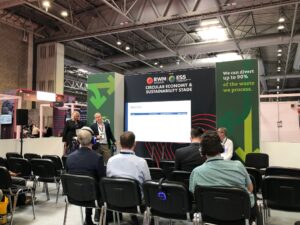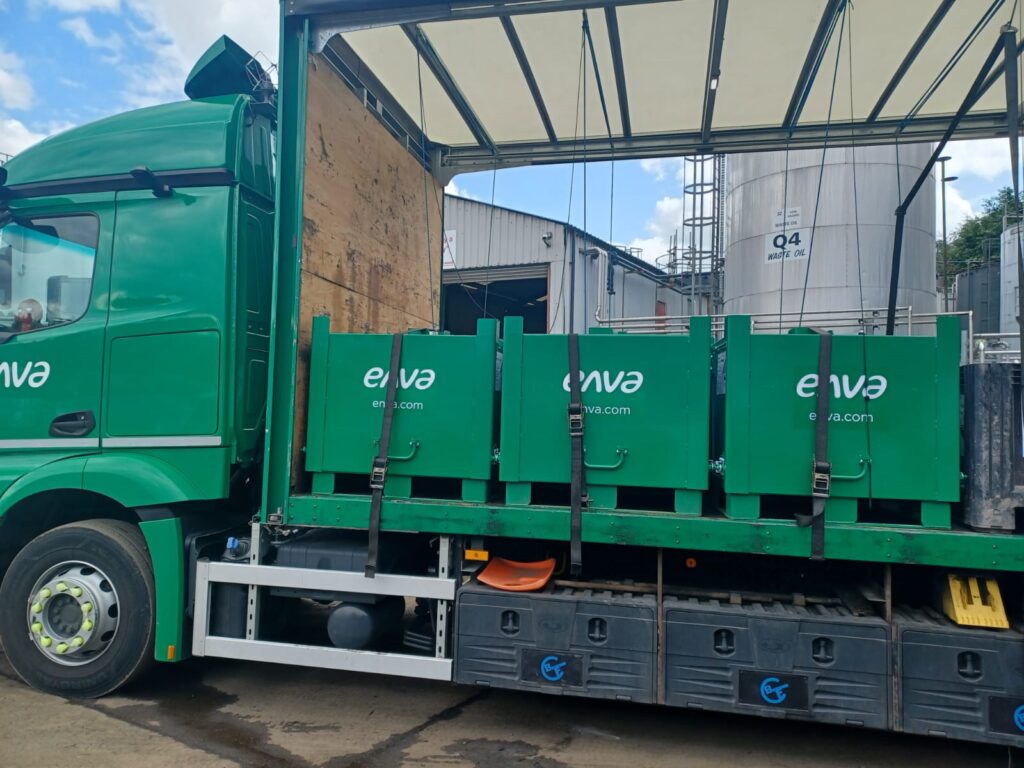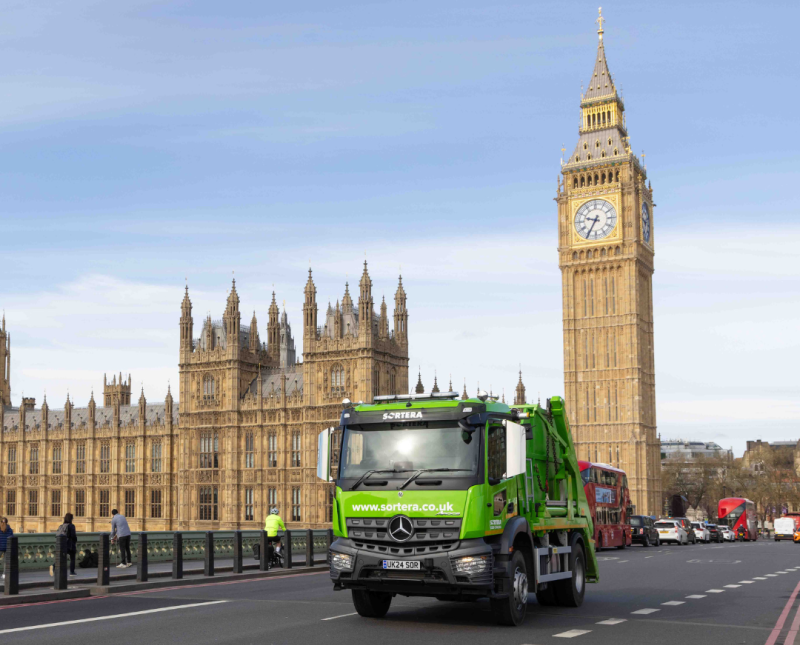Here she summarises four of the panels she attended that focused on the waste and resources industry. See our coverage here to find out more about day one.
Enabling Net Zero transition – uncovering consumer’s attitude towards re-use shops at household waste and recycling centres
From 11:15am to 11:45am on the Summit stage, Suez assembled a panel to discuss new research into reuse shops located at HWRC sites.
700 people were surveyed to understand habits surrounding the reuse shops – with 95% of people reporting that they were really or very happy with their local reuse shop.
The panel included Anna Scott from Keep Britain Tidy (which worked on the report alongside Suez), who identified that an important element of the findings was the need to ensure prior awareness of the reuse shops and enhance “kerb appeal” by making the shops aesthetically pleasing and noticeable.
An executive summary is due to come out at the end of September, although the full findings will not be shared externally.
Panel discussion: Leaders in Waste
One of the most popular events of the ESS Expo, the Leaders in Waste panel discussion ran from 12:00pm to 12:45pm on the Summit stage.
The session featured industry experts Neil Grundon from Grundon Waste Management and Recycling, Steve Molyneaux from the Environment Agency, Maxine Mayhew from Biffa, John Scanlon from Suez and Jenny Harrison from enfinium. The session was moderated by Anna Willetss LLP from gunnercooke.
Each panellist discussed predictions for the biggest challenges the industry will face in the coming 12 months – with decarbonisation and a shifting policy landscape coming up as common themes.
Grundon called for clarity and stability as the new government settles into parliament to help the industry prepare and adjust to incoming changes to legislation.
Within the discussion around decarbonisation, the topic of electrifying fleets was given particular emphasis with several panellists sharing their experiences and challenges in moving towards “greener” fleets.
Working Towards a Circular Economy
Emma Bourne OBE (director of resources and waste at Defra) took to the Summit stage between 1:00pm to 1:30pm to discuss the government’s development of a circular economy bill. She affirmed that the new Labour government is committed to establishing circularity in the UK.
She pointed to examples set by The Netherlands as a case study for best practice – although this was countered by an audience question during the Q&A.
In response to an audience question, Bourne said that she expects textiles EPR to be amongst the priorities for circularity.
Also during the Q&A, audience members urged Defra to consider the whole social value chain in making a case to the Treasury to fund circular initiatives – particularly when it comes to the potential to lift people out of poverty.
EPR, The Circular Economy and the future of Glass Recycling in the UK
In one of the final sessions of the day from 3:00pm to 3:30pm, “EPR, the Circular Economy and the Future of Glass Recycling in the UK” took place on the Circular Economy and Sustainability stage.
Martin Trigg-Knight (director of compliance services at Clarity Environmental), Natalia Rea (CEO of Clarity Environmental) and Dr Nick Kirk (technical director of British Glass) hosted an eye-opening session on some of the issues facing the glass industry.
In particular, the risk of making glass too expensive to be viable as a packaging option if current EPR base fees stick was highlighted.
Trigg-Knight and Dr Kirk emphasised that the glass industry was largely in favour of PRNs – with tweaks to improve the system after Covid saw more glass introduced to the system.
Trigg-Knight finished by saying that the ultimate goal for the industry should be to make glass easier for the consumer to recycle.










Subscribe for free